Chameleons are among the most captivating reptiles on Earth. With their color-changing abilities, turret-like eyes, and ultra-long tongues, these lizards are nature’s masters of camouflage and charm. In this article, we explore 12 fascinating species of chameleons found across Africa, the Middle East, and Madagascar.
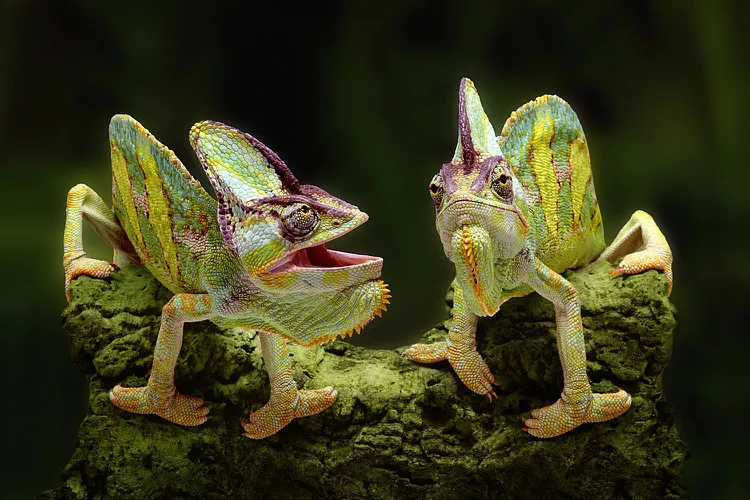
Native to the dry plateaus of Yemen and Saudi Arabia, the veiled chameleon is known for the tall casque (helmet-like crest) on its head, which can reach up to 5 cm. This arboreal species displays bold green, yellow, and black patterns, and males are especially colorful.
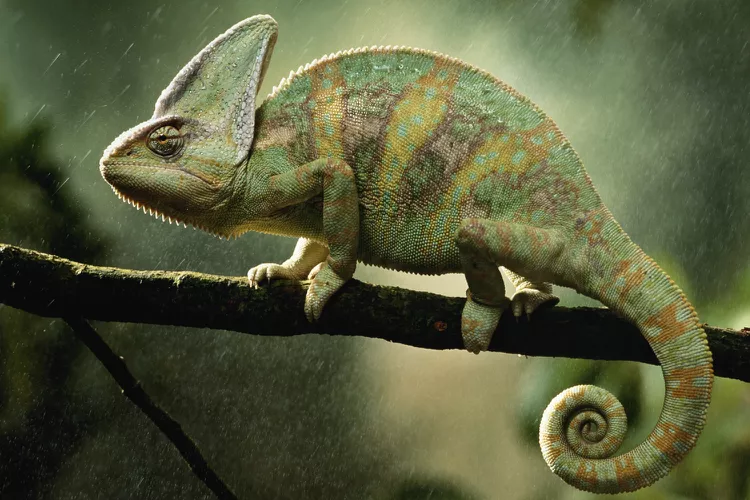
Found in Europe, North Africa, and the Middle East, the common chameleon is a stealthy insect hunter. It changes color based on mood and environment and is one of the best examples of true chameleon camouflage.
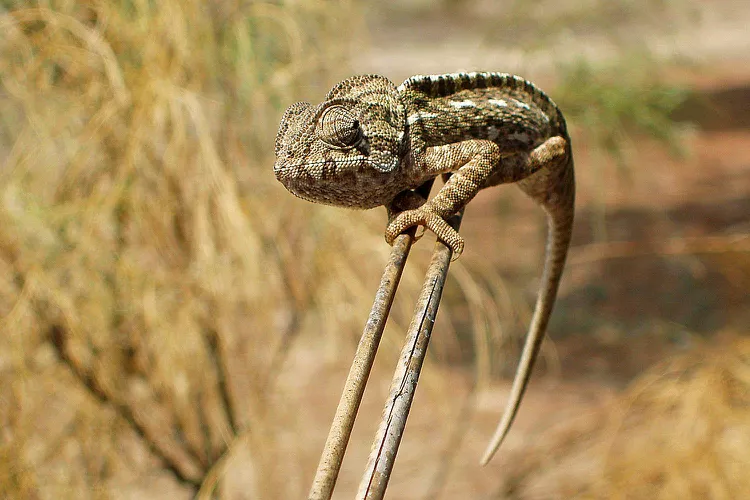
A terrestrial species from Namibia, Angola, and South Africa, the Namaqua chameleon has a short tail and prefers desert ground over trees. It is one of Africa’s largest chameleons and adapts well to arid conditions.
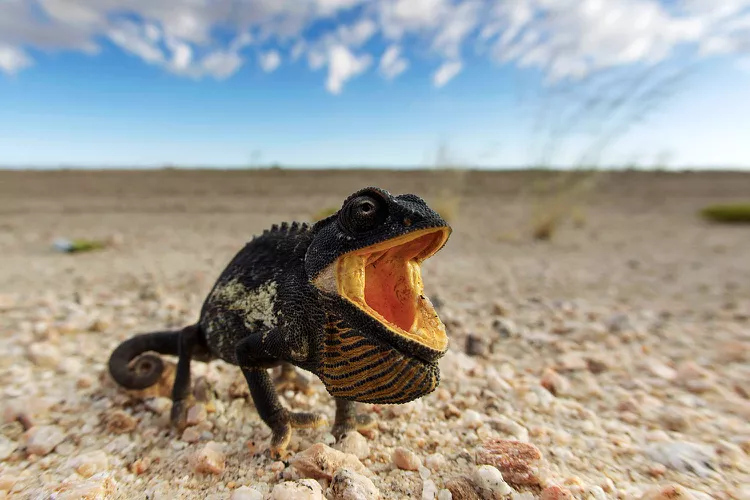
Also known as the flat-casqued chameleon, this species lives in Madagascar’s humid forests. Its vibrant coloration can range from green to reddish brown, yellow, white, or even black—making it a favorite for wildlife photographers.
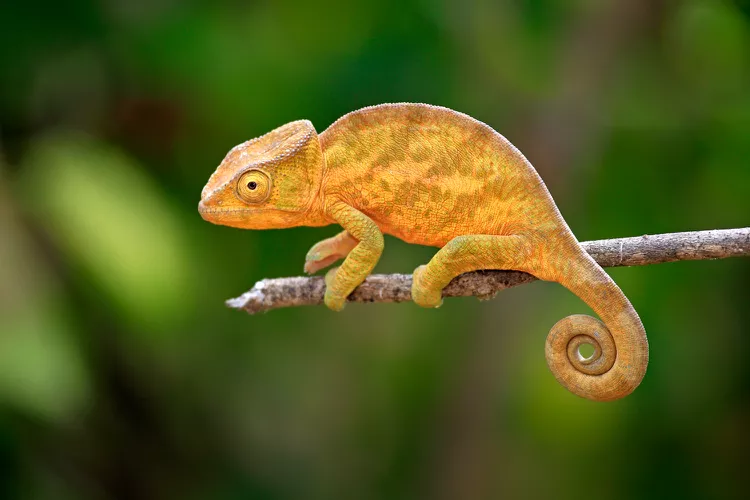
Endemic to Madagascar’s mid-elevation forests, the short-horned chameleon prefers open forest edges. Its name comes from the small horn-like protrusions on the male’s head.
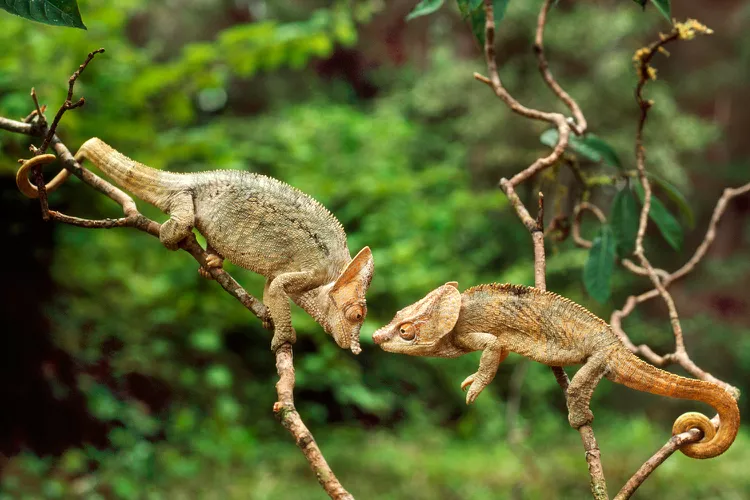
Originally from East Africa but now also found in Hawaii and Florida, this species is easy to recognize—males have three horns like a mini triceratops! They thrive in cooler, mountainous regions.
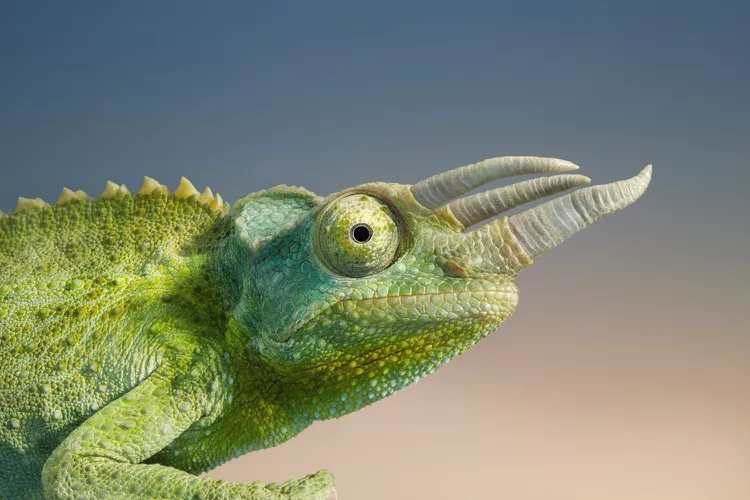
Labord’s chameleon has the shortest known lifespan of any four-legged vertebrate: just 4–5 months! It hatches, grows, mates, and dies within one rainy season in Madagascar.
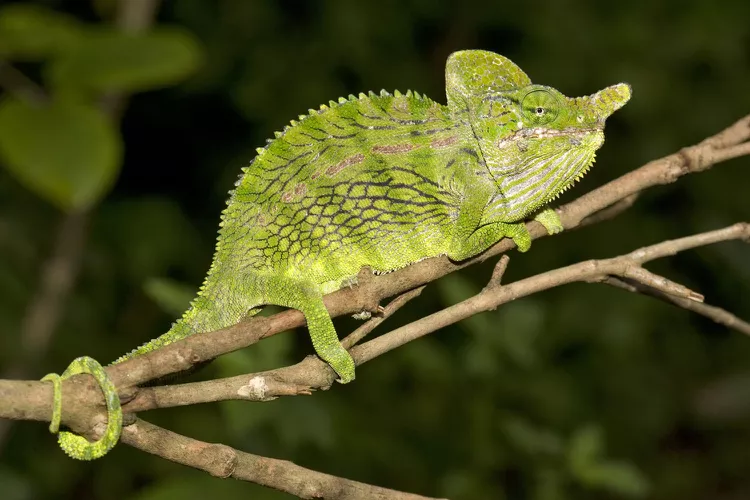
One of the largest chameleons on Earth, Parson’s chameleon is native to Madagascar’s rainforests. Males can grow up to 68 cm (27 inches) and are distinguished by a prominent ridge from snout to eyes.

Perhaps the most iconic pet chameleon, the panther chameleon is vividly colored and regionally diverse in pattern. Found mainly in northern and central Madagascar, males are especially vibrant and larger than females.
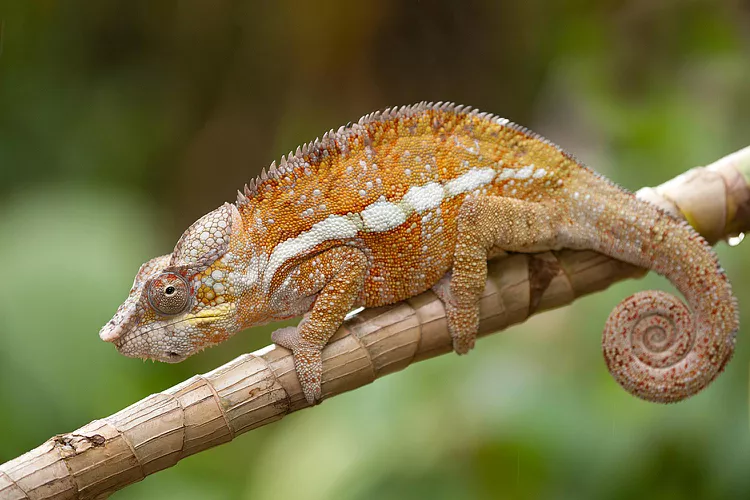
Named for the large mobile flaps at the base of its neck, this species uses them to scare off predators by flaring dramatically when threatened. It is widely distributed in sub-Saharan Africa.

A subspecies of the Parson’s chameleon, this reptile features a leafy crest over its head and is known for its striking green hue. It's often called the “crown jewel” of Madagascar’s chameleon world.
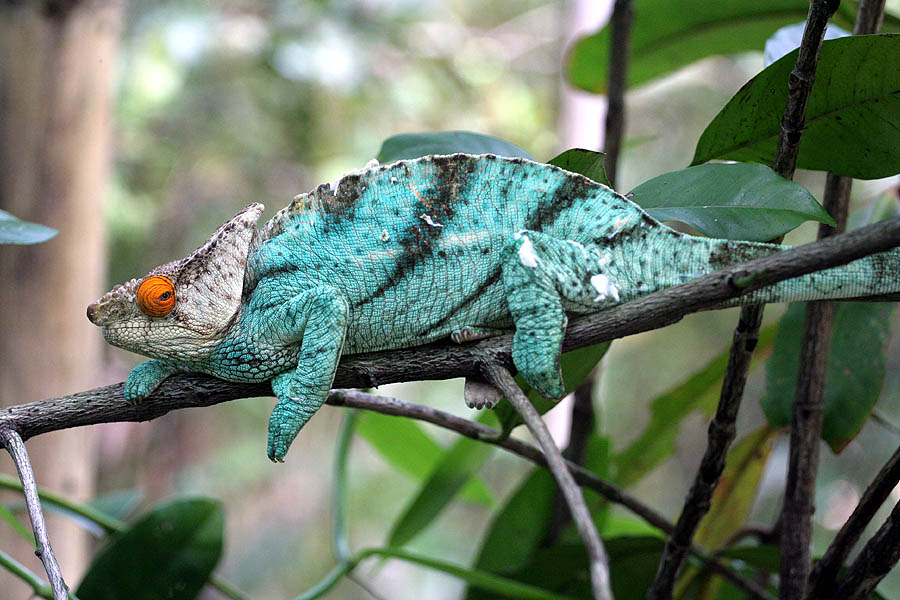
Chameleons are not just reptiles—they’re living works of art. Each species has its own adaptations, colors, and behaviors that help it thrive in its environment. Whether terrestrial or arboreal, long-lived or fleeting, these creatures remind us of nature's incredible diversity.
animal tags: Chameleons
We created this article in conjunction with AI technology, then made sure it was fact-checked and edited by a Animals Top editor.